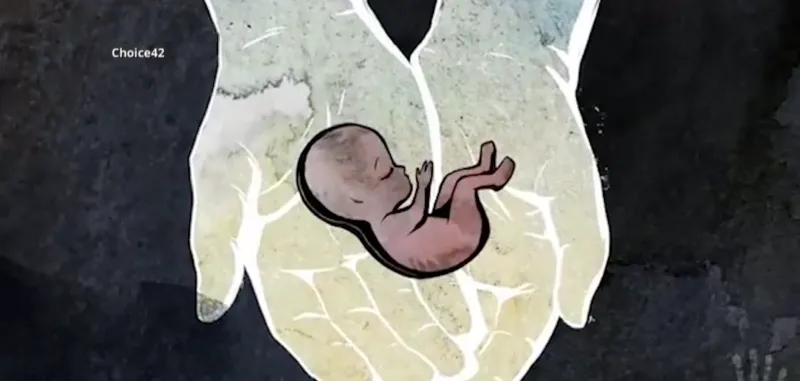
Lima, Peru, May 3, 2017 / 12:06 am (CNA/EWTN News).- In a radio interview for the Feast of St. Joseph the Worker, a cardinal from Peru discussed the sanctification of work and outlined a typical day in his own life.
“How many hours does a cardinal work?” asked journalist Miguel Humberto Aguirre. “I think all of them,” replied Cardinal Juan Luis Cipriani of Lima.
In his weekly Saturday radio program on station RPP April 29, Cardinal Cipriani said that his day usually starts at 5:00 a.m. and normally ends around 10 or 11 at night.
He said that he gets up “early to be able to pray because there's a moment for prayer, for the Divine Office where there won't be phone calls or interruptions. So you try to do it first thing in the morning. Very early, I go into the chapel and many times I celebrate Mass” at that time.
Then, the archbishop continued, “comes work itself, and part of the work is to be informed about what's going on in the country and the world, that is, to read news about the Pope, things about Peru,” and other topics.
Then comes “the office like anybody else: people who want me to bless their house, people who are going to get married, people with some difficulty, times to meet with priests who want to talk, I go to a hospital to bless a facility, I talk with a person who has a problem in their home life, and so on.”
Cardinal Cipriani also said that an important part of his daily work is that spent “praying the Rosary or reading a little theology to keep up to date.”
“I also have to go and attend social obligations. Sometimes a family invites you to some anniversary.” In the end, he reflected, “you spend the entire day serving. My time is for others, I don't have my own time.”
“That's the way it is for everybody,” he continued. “In the case of a married man, your time is for your wife, your children and your grandchildren, you don't close yourself off.”
At the end of the day, he said, “to relax a little bit, I watch NBA basketball.” The cardinal himself was part of Peru's national basketball team in the 1960s.
The cardinal also touched on the idea of sanctifying our work, pointing to St. Joseph as the patron in this regard.
The first key in seeking to sanctify work is to perform one’s tasks well, whatever they may be. “So right now we're working on the radio, let's do it right,” he told the radio host as an example. “May the people listen to us and say ‘it helped me, it was well done, it gave us some insights, it's been inspirational for us’.”
Similarly, he went on, “the person who plays soccer should play it well, try to score goals, try to win. The person who's in Congress should try to make proper laws, study the issues, attend your meetings. Do you work well.”
“We spend a lot of time engaged in our work, whether it's at the office or at home. From the time we have breakfast and get ready, and then when we come back home and take care of the kids. We have to find God there,” he emphasized.
The second key to sanctifying work is found in the virtues, Cardinal Cipriani said.
“And you who are working, how to do you live out honesty, joy, generosity, justice, patience?” he reflected. “Do you do your work because the boss is looking, or do you do it knowing that you must do it well?”
“I sanctify myself if I do the work well, and if I do it before my Creator and my Father,” he emphasized.
If you value the news and views Catholic World Report provides, please consider donating to support our efforts. Your contribution will help us continue to make CWR available to all readers worldwide for free, without a subscription. Thank you for your generosity!
Click here for more information on donating to CWR. Click here to sign up for our newsletter.





Leave a Reply